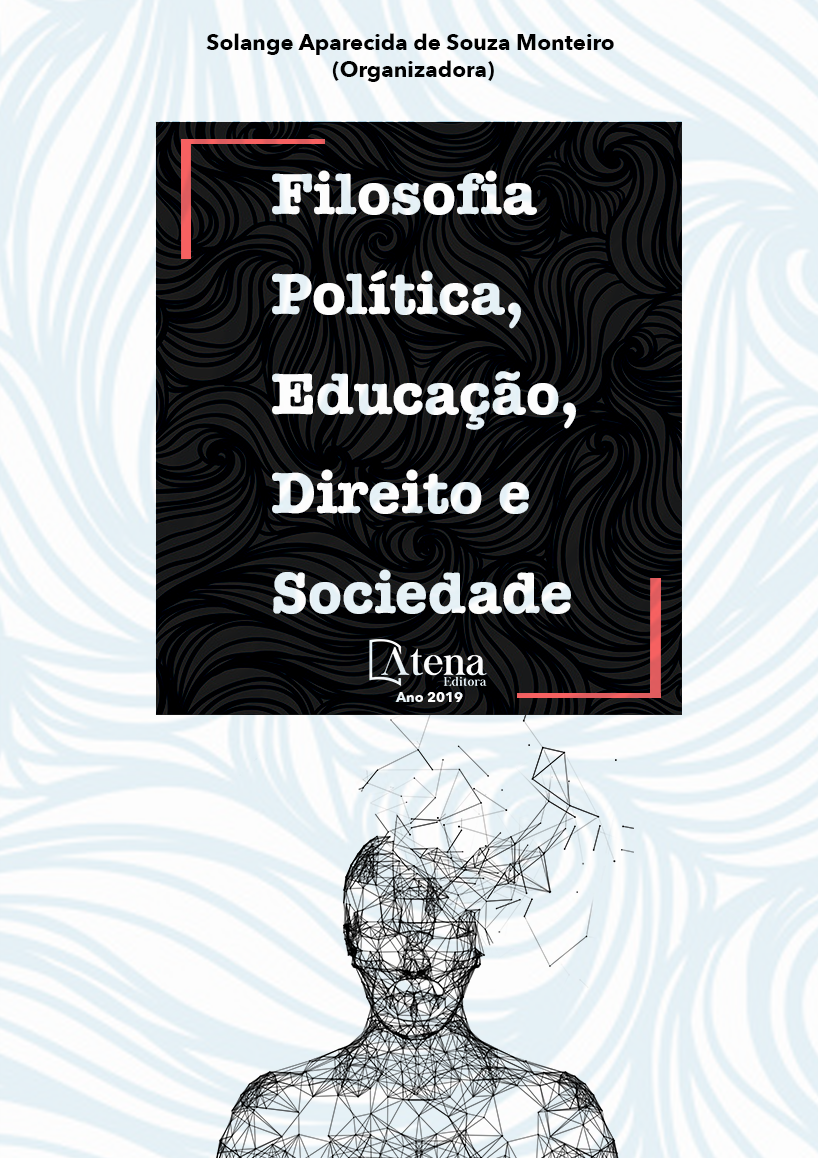
O DIREITO AO ESQUECIMENTO COMO LIMITAÇÃO À LIBERDADE DE EXPRESSÃO
O tema Direito ao esquecimento
como limitação à liberdade de expressão em face
do direito de intimidade do respeito permitiu-nos
investigar sobre a dignidade da pessoa humana
tutelada pelos princípios constitucionais. A vida
privada da pessoa, sua privacidade e intimidade
são asseguradas pela Carta Magna. Os crimes
de invasão da privacidade e da intimidade são
puníveis e passíveis de indenização por danos
morais e materiais. O problema de pesquisa
norteador desse estudo foi este: Quais as
limitações à exposição da imagem da pessoa
pública? O objetivo geral é refletir sobre o direito
ao esquecimento como limitação à liberdade
de expressão. O Enunciado 531 inserido no
ordenamento jurídico por meio da VI Jornada de
Direito Civil apregoa que “A tutela da dignidade
da pessoa humana na sociedade da informação
inclui o direito ao esquecimento”. A liberdade
de expressão não contradiz os princípios
constitucionais, pelo contrário, a ponderação
entre a ética do jornalismo e a dignidade da
pessoa humana permitem maior segurança aos
direitos de imagem da pessoa pública. A falta
de legislação mais específica de invasão da
intimidade e da privacidade da pessoa leva os
agentes da justiça a se pautarem em princípios
mais gerais como os regulamentados pela
Declaração Universal dos Direitos Humanos,
seguida pelo texto da Constituição Federal que
dá garantias aos princípios fundamentais da
Dignidade Humana em seu artigo 5º.
O DIREITO AO ESQUECIMENTO COMO LIMITAÇÃO À LIBERDADE DE EXPRESSÃO
-
DOI: 10.22533/at.ed.9401904025
-
Palavras-chave: Constituição Federal. Direito ao Esquecimento. Direito de Imagem. Direito de Imprensa
-
Keywords: Federal Constitution. Right to Oblivion. Image rights. Law Press.
-
Abstract:
The topic Right to oblivion as
a limitation on freedom of expression in the
face of the intimacy of respect allowed us to
investigate the human dignity safeguarded
by constitutional principles. The private life
of the person, his privacy and intimacy are
guaranteed by the Constitution. invasion crimes
of privacy and intimacy are punishable and
liable to compensation for moral and material
damages. The guiding research problem of
this study was this: What are the limitations
on the image exposure of the public person?
The overall objective is to reflect on the right
to be forgotten as a limitation to freedom of
expression. The Statement 531 inserted in the
legal system through the VI Day of Civil Law
proclaims that “The protection of human dignity
in the information society includes the right to
be forgotten”. Freedom of expression does
not contradict the constitutional principles, on
the contrary, the weighing between the ethics
of journalism and human dignity allow greater security to image rights of the public
person. The lack of more specific legislation of the intimacy and the person’s privacy
invasion takes justice agents to guide in more general principles as regulated by the
Universal Declaration of Human Rights, followed by the text of the Constitution that
gives guarantees to the fundamental principles of Human dignity in Article 5.
-
Número de páginas: 15
- Aleff Schmid Da Luz


